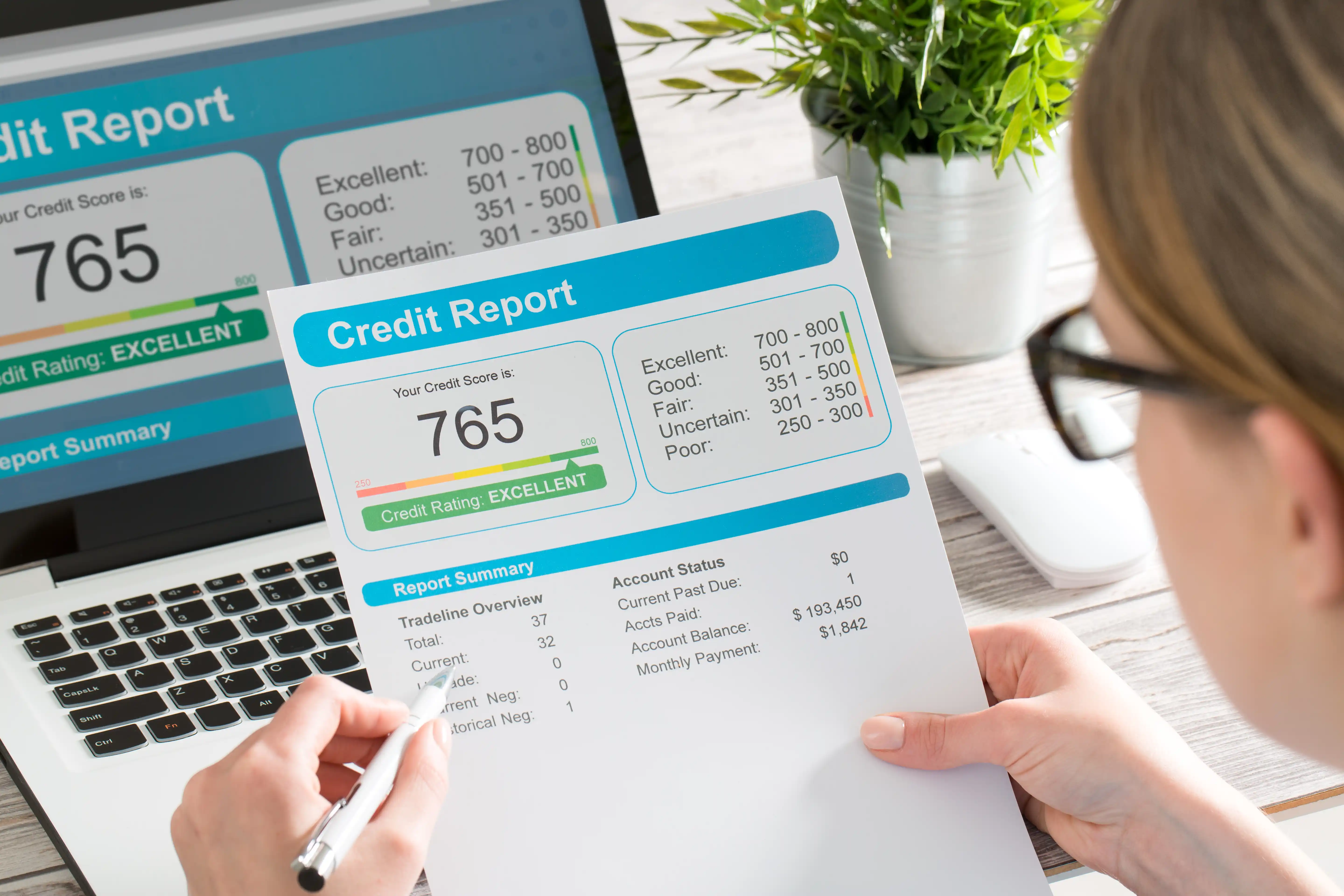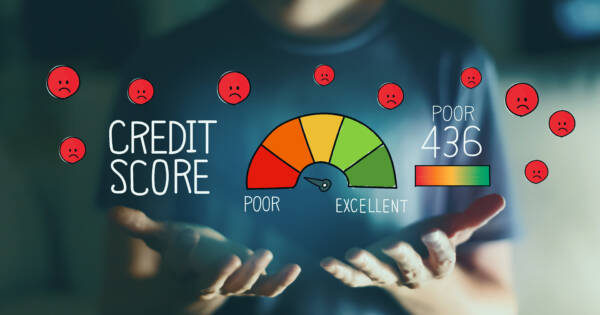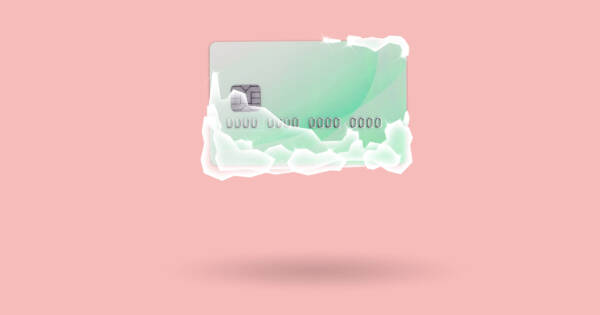You probably know that your credit score is an important aspect of your finances. Your credit score goes beyond just helping you get a loan with a good interest rate. It can also influence your insurance rates and even impact what happens when you sign up for internet or a cell phone plan. Knowing your credit score provides you with solid information that you can use as you plan your finances. Since credit scores are so important, more and more consumers want regular access to their own scores. That has resulted in an increasing number of free credit scores websites popping. Here’s what you need to know about them.
Is That Credit Score Truly Free?
First of all, you always have to be on your guard when it comes to free credit scores. Some web sites, like FreeCreditScore.com, come with plenty of strings attached. While signing up for some of these sites might be free, it’s sometimes a bait and switch. You may be pressured into paying for some type of “membership” or “credit monitoring” program before they reveal your score.
Some of them point out that you are getting a free score and that you have a free trial. However, they still require your payment details in the form of your credit card number. At the end of the free trial (usually very short), your card is charged. They are counting on you forgetting to cancel before the end of your trial. Once that happens, your money is already spent.
Often, they don’t make canceling very easy either. You usually have to make a phone call to cancel, not just click a button in your account somewhere. Even if there is a way to cancel online, it’s often hidden behind a few extra layers of website complexity. They want you to think “man, all this effort really isn’t worth it for a $4.99 per month fee.”
Is That Credit Score “Official”?
The next thing you have to worry about is whether or not the credit score you receive is your “official” FICO score. The FICO score is still the most widespread score used. It’s the one most likely used by lenders making decisions about your loans or other creditworthiness.
However, most free sites don’t offer you a true FICO score. They use their own calculations. The score you get might not be exactly the same as the one the three main credit bureaus use. The good news is that some of these sites are truly free — no secret tricks or credit card number required. Quizzle, Credit Sesame, and Credit Karma all provide you free access to a credit score. However, it’s important to realize that their scores aren’t necessarily exactly the same as scores that lenders will use when evaluating your creditworthiness.
You Won’t Get the Score Your Lender Uses
These sites are great for monitoring your general progress. However, the difference between the score you see at a free site and your actual FICO score can be as much as 20 points — or more.
Many of the sites that require you to enter a credit card number for a free trial before seeing your score don’t have your “official” score either. If you are really interested in getting your FICO score, you need to purchase it from MyFICO.com. And even then, FICO gives you the “consumer” score, not the exact version that your lender might be using.
 Shutterstock
ShutterstockGetting a Free Credit Score Is Still Useful Though
Still, these free websites (the truly free ones) can be plenty valuable. I have a free account at CreditSesame, for example. While I don’t treat the score as the be all and end all of my finances, it’s not useless either. Regularly tracking the number is yet another way for me to monitor my credit profile.
I glance at my score about once a month. If the number drops significantly, that tells me I need to look more closely at what happened to my credit. Maybe I recently applied for a new credit card or loan, or closed out an old account. Regardless, it’s always a good idea to keep a regular eye on your credit history for any errors or irregularities.
Don’t Worry About The Exact Number
So, are you out of luck using these free credit score websites? In a way, yes. There really isn’t a completely free way to get your myFICO score. And even if you pay them, you still might not get the exact score that your lenders will use to qualify you for a loan.
However, you really don’t need to be obsessing about your credit score that much. That’s because the number is derived from your overall credit report. If you have a pristine credit report, then your score will be high too. Plus credit scores exist in ranges. You don’t need to stress if you dropped from 770 to 755. You’re still right in the same range.
Worry About Your Credit History Instead
Managing your credit (and thus your credit history) is really one of the most important things you can do for your finances. A lot of things depend on your credit history. Even worse, it’s an incredibly easy thing to damage.
If you want to build and maintain good credit score, then focus on what you can control – your credit history. Here are some tips you can follow.
Make All Your Payments On Time
The best thing you can do is make all of your payments on time. Your payment history is the most important aspect of your credit score. It’s something that can quickly make or break you.
It’s not just loan or credit card payments you need to make on time. You also need to make all your other payments. While some regular payments, like utilities or insurance premiums, won’t show up on your credit history if they’re always paid on time, you can absolutely count on them reporting missed or late payments. Any payment more than 30 days late will likely show up on your credit report. So will any bills sent to collections. These drag your score down in a hurry.
Use Credit Sparingly, But As Part Of Your Plan
In order to build a credit history, you need to actually use credit. However, you don’t want to end up in debt just because you want to build up credit. Instead, use credit sparingly and as part of your overall financial plan. If you don’t trust yourself with credit, you have to build up some willpower. Get a credit card with a low limit, then only use it once or twice a month for small purchases. Finally (and most importantly), pay it off in full every month.
I like to use my credit cards more often than that. They are part of my spending plan. I use them for most regular purchases. Then I pay off the purchases every month. Not only do I avoid those expensive interest charges, it all helps me build my credit history. The cash back rewards don’t hurt either.
Don’t Borrow Too Much
Creating a solid credit history is a matter of balance. Yes, you need to use credit in order to get a credit score. Sometimes it makes sense to get a smaller loan, like a car or a personal loan, in order to diversify your credit profile.
However, you want to balance that out. If you have too much debt, it can backfire on you. Too much debt drags down your credit score. When you start to owe too much, you need to make it a priority to pay the loans off as quickly as possible. Having some manageable debt can be good for your credit score. But having more than you can reasonably pay will tank your score.
Keep Your History
It can be tempting to cut up your credit card once you’ve finally cleared the balance — especially if you have had trouble in the past. If you cut up your card or put it on ice, remember that you don’t have to actually cancel the account. This is especially true if there’s no annual fee for the card. Just let it exist peacefully, collecting dust in your sock drawer.
Canceling an old account can shorten your overall credit history and ding your score. Keep your history intact when possible. You should also avoid applying for a lot of new credit at once, since those inquiries can bring down your score and reduce the average age of your accounts.
Check Your Report Periodically
Federal law states that everyone can check their credit reports annually. That’s why the Central Source, LLC., an entity sponsored by Equifax, Experian, and TransUnion, set up AnnualCreditReport.com for you to check your credit history.
If you want to make sure your credit is in tip-top shape, then you should check all three reports once a year. Watch for any errors or fraud (and take the steps to correct those items, if needed).
Even better, stagger your requests every four months. For example, check your Experian credit report now, then the Equifax report in four months, and the TransUnion report in eight. By the time another four months rolls around after that, it’s been a year. Then you can order the report from Experian again. Spacing out each request will guarantee that you are checking for errors and fraud on a continual basis.
 Shutterstock
ShutterstockFollow a Financial Plan
The key to a good credit score is to follow a financial plan. Creating a plan for your money can help you rein in your spending and prepare for the future. Build an emergency fund so you don’t have to use debt to get you out of a pinch.
Plan ahead so you have the resources you need and make a plan for spending your money wisely. You’ll maintain good credit, and a better financial situation.
The Bottom Line
You probably won’t get the exact version of your credit score used by lenders when you get it for free. You might not get it even if you pay. However, some of these sites can help you keep loose tabs on your situation and track your progress.
Skip any site that requires a credit card number but still calls themselves “free.” Instead, stick with one of the truly free sites for a general idea of where you stand. Most importantly, remember that the crucial part of the equation is your credit history — not some number that can sometimes fluctuate for seemingly no reason.








